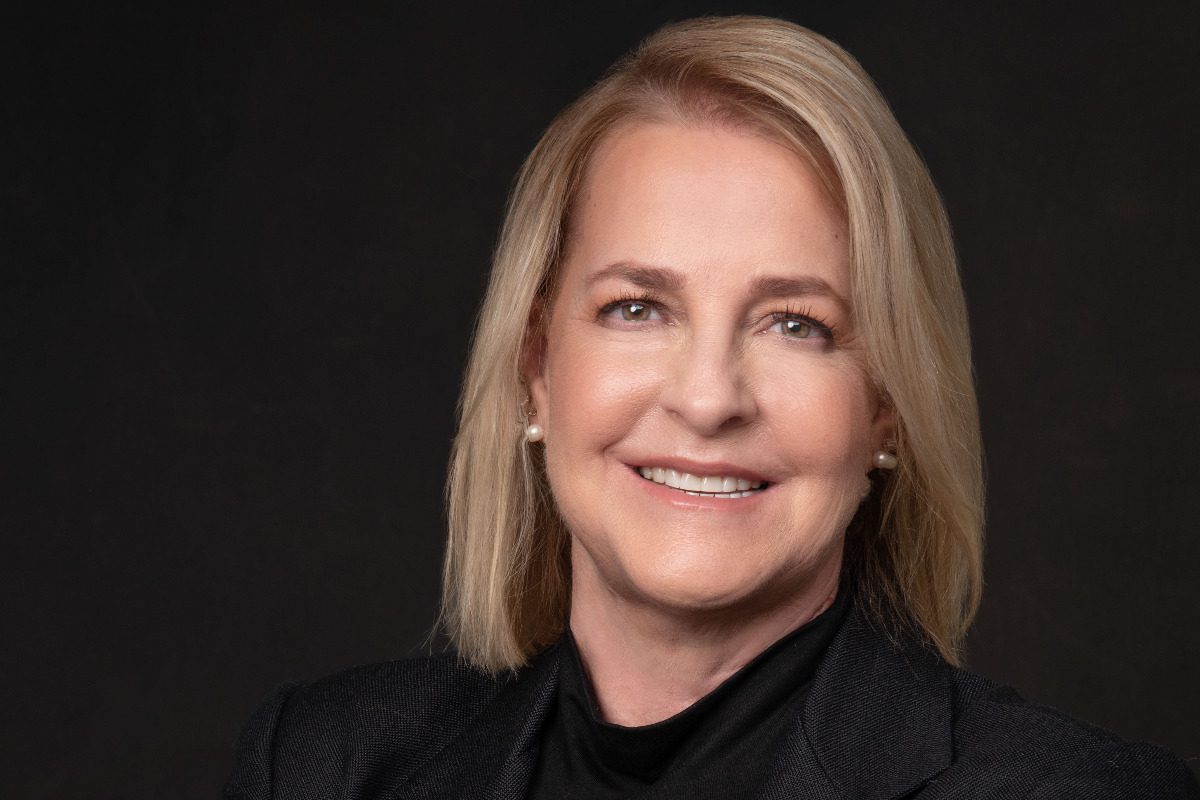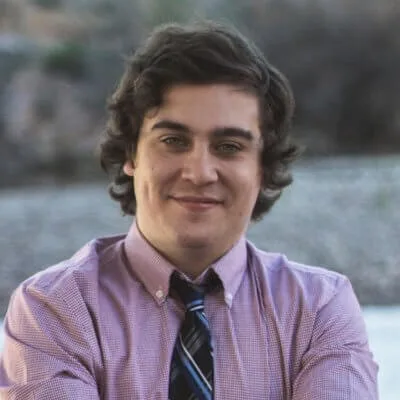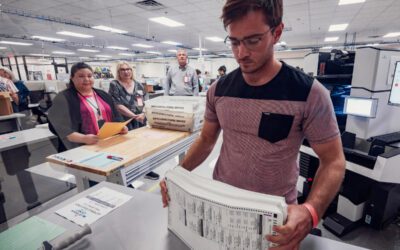
Dr. Laura Metcalfe, the Democratic nominee for Maricopa County Superintendent. (Photo provided by Laura Metcalfe)
Democratic candidate Dr. Laura Metcalfe is a former Republican who was pushed away from the party.
This year, residents of Maricopa County, Arizona’s most populous county, will be given the choice between two candidates for county superintendent—one with experience working in the office, and one who favors private schools.
Dr. Laura Metcalfe is the Democratic candidate for Maricopa County superintendent. She worked at the county superintendent’s office from 2009-2011 and helped rural schools with direct services like curriculum development, and grant writing.
Metcalfe has also worked as a principal, professor at Ottawa and Grand Canyon Universities, and instructor at Arizona State University.
“I think the qualifications for this position are really important,” Metcalfe said. “My opponent has no qualifications. She believes that sitting at school board meetings and talking to parents qualifies her for this job.”
“You have to have administrative experience, school district leadership experience, fiscal leadership experience…and understanding of state laws and how they apply. She doesn’t have any of that.”
Metcalfe’s opponent, Republican Shelli Boggs, has served in various capacities on the East Valley Institute of Technology governing board, with a mission of ridding the board of “corruption.”
So what does the county superintendent actually do?
Metcalfe said the office is charged with replacing school board members who step down, for one thing.
“It also guides and oversees school bond and school budget override elections.”
The county superintendent’s office also handles payroll for school districts, and manages all teacher and administration certifications.
READ MORE: Here’s every school board seat up for grabs in Maricopa County this November
Boggs, whose campaign website says she “got started in Arizona politics” when she saw “the invasion of radical politics into the classroom,” supports removing taxpayer dollars from public education in favor of private education. Boggs has also embraced the endorsement of anti-trans rights activist Riley Gaines.
Boggs also supports universal vouchers. Right now, Arizona’s Empowerment Scholarship Accounts (ESA) program allows any of our state’s 1.2 million K-12 students to use public tax dollars that were initially allocated for public education to pay for private school tuition or to use in their homeschool program.
According to research from the Brookings Institute, ESA participation is inversely correlated with poverty rate. Areas with the lowest poverty rates have the highest ESA participation and areas with the highest poverty rates have the lowest ESA participation.
In Arizona, private schools can choose which students they admit, making the “school choice” slogan somewhat of a misnomer. Schools are choosing the students, not vice versa. Since Arizona implemented universal vouchers, private school tuition has also increased, making private school unaffordable for almost all besides people who already enroll their children there.
With the ESA program taking funding from public schools—and using that funding for wealthier students in private schools—middle and low income students are increasingly left behind.
ESAs have little regulation and oversight. Those, along with massive tax cuts signed into law in 2021 by former Gov. Doug Ducey, a Republican, resulted in a $1.4 billion budget shortfall.
Metcalfe said that, unlike Boggs, she supports transparency and accountability for the education system in Arizona.
“I believe that universal vouchers need to have transparency and accountability. Right now it’s out of control. So once those are in place, I think the voucher program will be much more manageable.”
While the county superintendent does not have any power over ESA programs—that power lies entirely with the Arizona Legislature, which currently has a Republican majority in both chambers—Metcalfe said she’s pro-public education above all, and that extends to filling school board vacancies.
Every school board in Arizona has a governing board. Those positions are elected, and those who serve are unpaid volunteers. When those volunteers leave their positions before their terms are over, the county superintendent is able to appoint a replacement. Metcalfe said she has a plan to ensure each school district is part of that decision process.
Under her plan, school districts can recruit, interview, and select three people as finalists for a vacant school board position. From there, the county superintendent would choose one of the three to sit on the school board.
Metcalfe said that, if elected, she would not select any candidate who didn’t meet three simple criteria.
“They need to be pro-public education, and they need to make sure that they do not bring their own agendas to the school district,” Metcalfe said. “And they also need to make sure that they’re trained and understand what the roles and responsibilities and legal issues are with being a school board member.”
The work to fill school board vacancies would start immediately for the next county superintendent.
The Maricopa County Superintendent’s Office lists 24 vacancies as of early October that need to be filled.
Are you ready to vote? See who’s on your ballot and make a voting plan here.
Support Our Cause
Thank you for taking the time to read our work. Before you go, we hope you'll consider supporting our values-driven journalism, which has always strived to make clear what's really at stake for Arizonans and our future.
Since day one, our goal here at The Copper Courier has always been to empower people across the state with fact-based news and information. We believe that when people are armed with knowledge about what's happening in their local, state, and federal governments—including who is working on their behalf and who is actively trying to block efforts aimed at improving the daily lives of Arizona families—they will be inspired to become civically engaged.


Republican Rep. Juan Ciscomani wins reelection to Arizona US House seat
Juan Ciscomani won his first term in 2022 when he beat Kirsten Engel by over 5,200 votes. PHOENIX (AP) — Republican Rep. Juan Ciscomani won...

No, Elon Musk did not hack Arizona’s election results with Starlink
Only three Arizona counties use Musk's Starlink, and two of them voted for Kamala Harris. As President-elect Donald Trump begins filling key posts...

Why AP called the US Senate race in Arizona for Ruben Gallego
The AP only declares a winner—in this case, Ruben Gallego—once it can determine that a trailing candidate can’t close the gap and overtake the vote...

Women have led other democracies, but US voters rejected the 2 who tried—what will it take to elect a female president?
In the United States, 45 men have served as president, starting with George Washington in 1789. Donald Trump’s reelection extends that streak....





